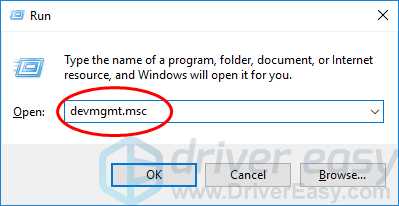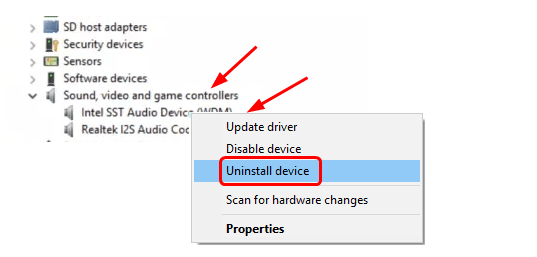For automatic identification and intel? Smart sound technology (intel? Sst) driver, we strongly recommend to download and install the Driver Update Tool – it will help you to get the correct latest drivers for all of your devices and avoid conflicts and improper work of your system. The Intel(R) Smart Sound Technology (Intel(R) SST) Audio Controller device has one or more Hardware IDs, and the list is listed below. HWDrivers.com can always find a driver for your computer's device. Look at the parent device -- this will be called something like 'Intel SST Audio Controller' (Intel Smart Sound Technology driver version 09.) Right-click the controller device Choose.
I'm clueless about how to make sound work in Xubuntu 18.04.
Previous versions with older kernels didn't detect most of my hardware, new 18.04 with 4.15 Linux Kernel detected all the hardware, except the sound card.On the OEM Windows 10, the sound is working fine and it's described asIntel SST Audio Device WDM.

3 Answers
I don't know if this is going to help you, because I have no idea of what your hardware is, but on my setup (Arch Linux k4.17) the sound worked somewhat OutOfTheBox. The kernel driver bytcrrt5640 is responsible of this miracle (You know BayTrail + Linux). I just had to add bytcr-rt5640 UCM config files to /usr/share/alsa/ucm, and everything worked.
For you to make sure you can see the card, look at the output of these commands:
Looks for sst in loaded modules list
Looks for sst in the current boot log
This informs you if there are any cards recognized by the kernel
If you see the card in sysfs, read the file driver in that device (/sys/class/sound/cardX/driver or name or something like that), that should show you if the card is recognized by your kernel.

If you find the card, but you can't see it in for example pavucontrol, then you have to copy the UCM files fromthis GitHub repository. Just download it, cd into the right folder and read the README file. It should tell you the rest. After you have installed the configs, reboot (easiest way), and you should be able to see the device in pavucontrol.
EDIT#1 (After additional details)
Oh, I see. You should copy the directory chtnau8824 (as you can see in the lsmod output). Enter the UCM-files repo you downloaded and run this command:sudo cp -r chtnau8824 /usr/share/alsa/ucm/ and it should work as expected. Anyways thank you for your kind comment and supplying additional details that helped to solve (hopefully) this issue.
EDIT#2 cht_bsw_nau8824
I still don't know exactly what your other hardware is (like tablet model), but what I found is repository with UCM files specifically for your sound card (if my assumptions are right). The repository is here. Download it, enter the directory and replace your current UCM configuration with the new config. sudo rm -r /usr/share/alsa/ucm/chtnau8824 and then sudo cp -r ucm /usr/share/alsa/ucm/chtnau8824
I have another generic '2 in 1' which reports results from commands:
lsmod | grep 'sst'
dmesg | grep 'sst'
Intel Sst Audio Controller Driver Insignia Manual
ls /sys/class/sound
all exactly the same outputs as the OP. I followed only the steps of EDIT#1 (After additional details).
One thing I may have done additionally was match the root user folder permissions to the same as all other entries in /usr/share/alsa/ucm/. After a reboot sound plays and 'speakers, headphones and microphone' entries appear in pavucontrol along with 'Built-In Audio' in KDE Plasma Settings.
Intel Sst Audio Controller Driver Insignia Windows 7
After some months during which I didn't have time to try new solutions, I updated the kernel from 4.15.X to 4.19.X using ukuu.
Following the steps in EDIT#1 of M. H.'s answer, sound worked on reboot. Thanks for your time on answering my question.